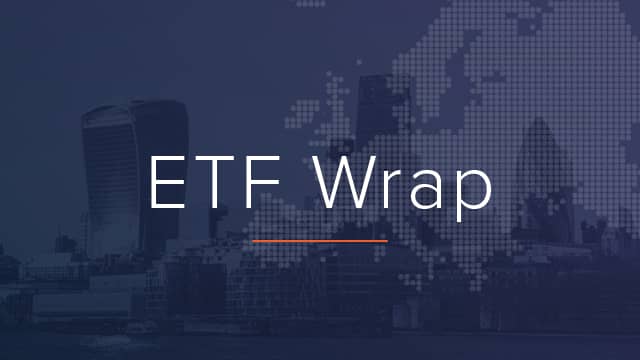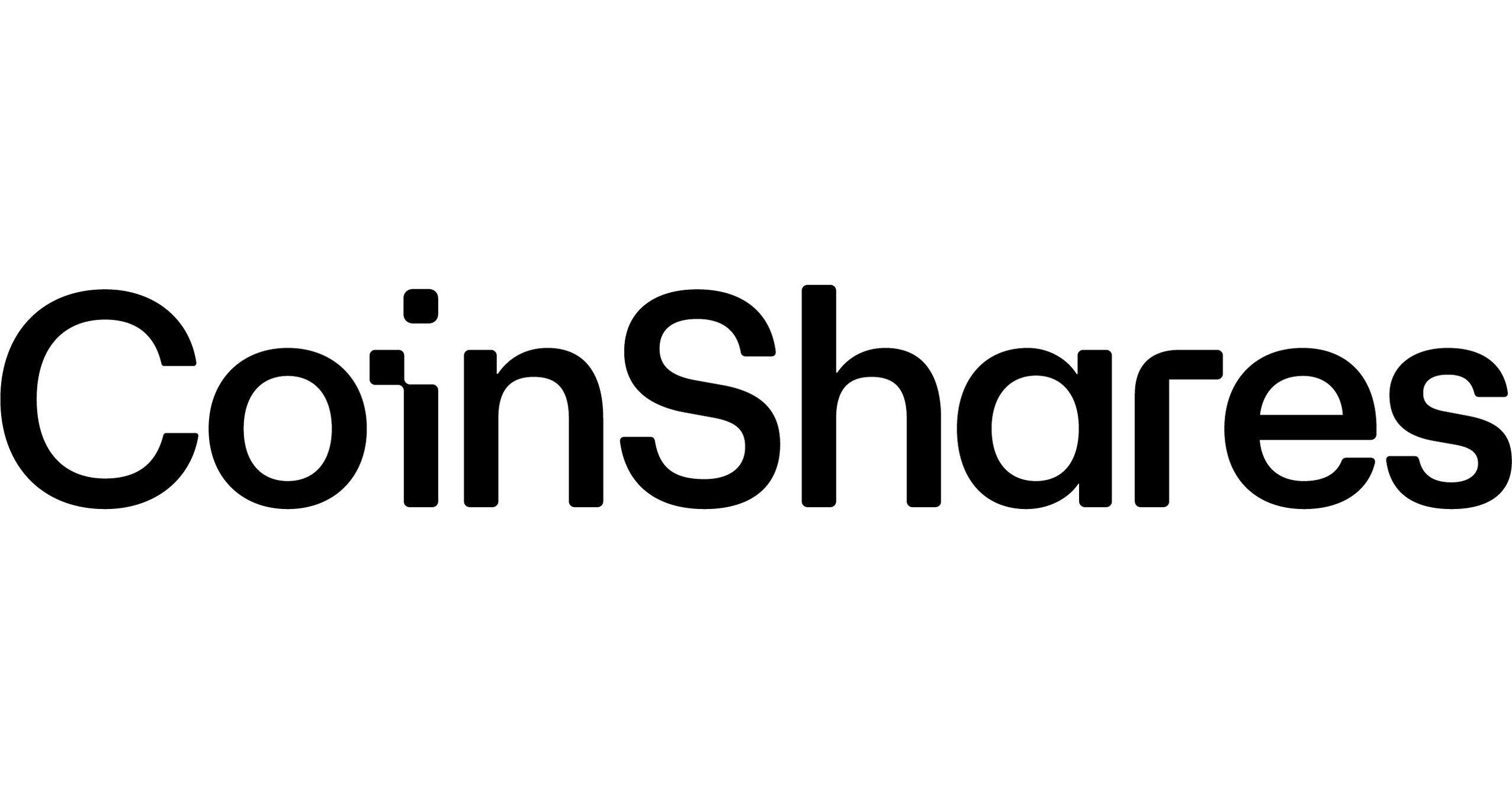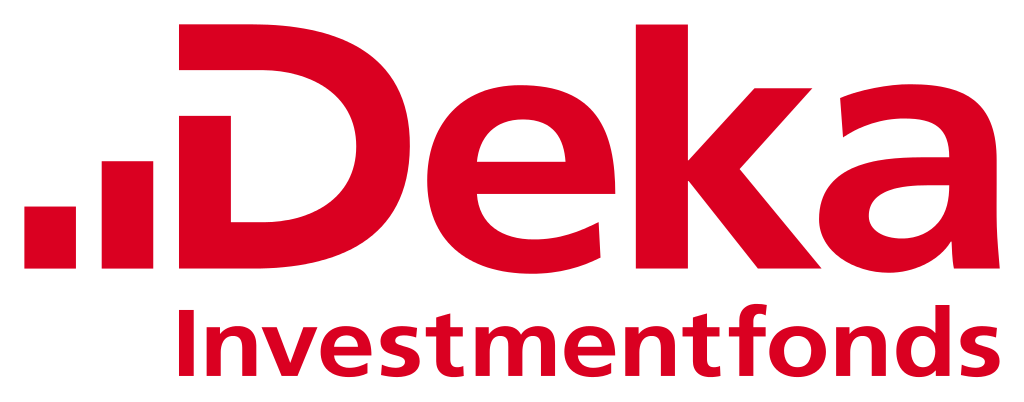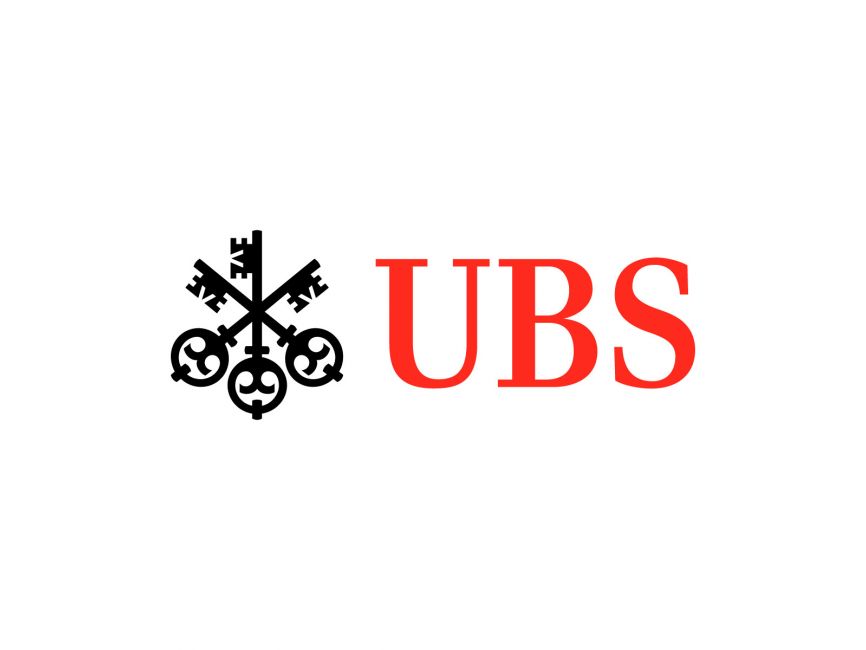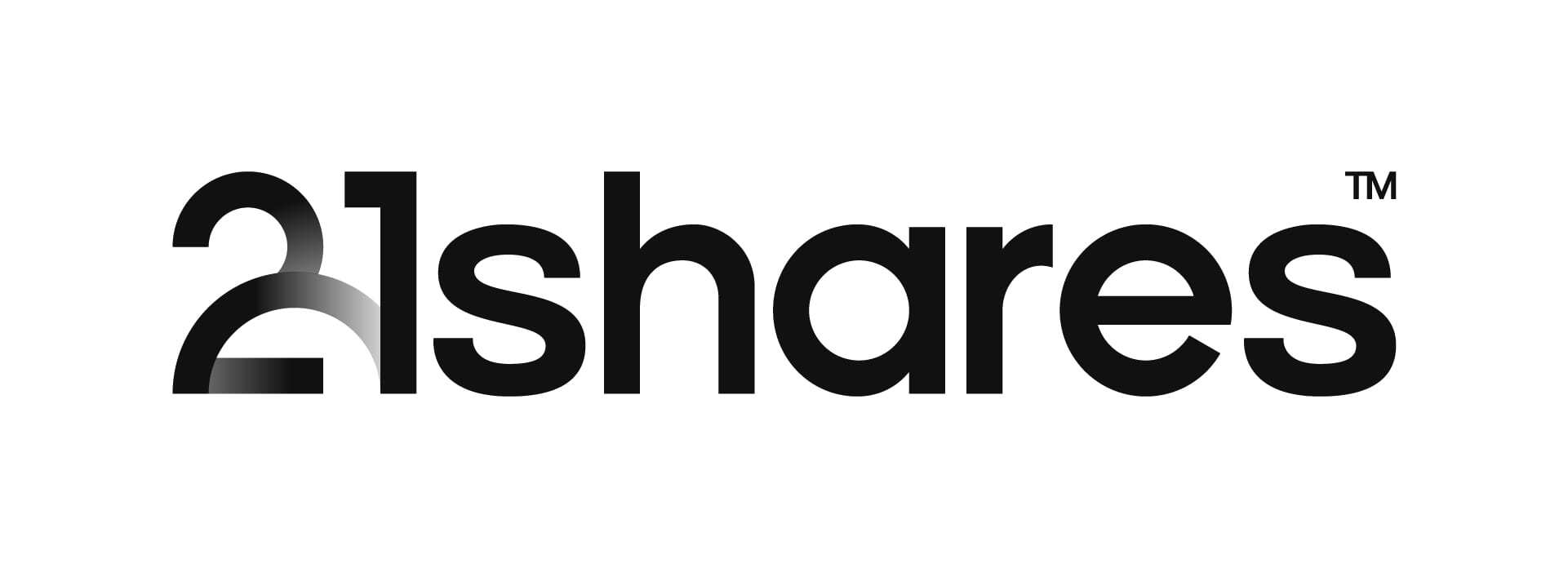The thin green coat of paint covering hundreds of ETFs in Europe is starting to be peeled off as BlackRock, UBS Asset Management and Invesco all downgrade the sustainable labelling on products housing tens of billions of dollars ahead of Sustainable Finance Disclosure Regulation (SFDR) ‘phase two’.
The week began with ETF Streamrevealing plans from BlackRock and UBS AM to downgrade their entire ‘dark green’ Article 9 Paris-aligned benchmark (PAB) and climate transition benchmark (CTB) ETF suites with €21bn assets under management (AUM) to ‘light green’ SFDR Article 8 from “early next year”.
Just days later Invesco told shareholders that “pending clarification from the European Commission” on whether PAB funds would qualify as Article 9 after SFDR phase two, it would downgrade its five-strong PAB range by the end of the month.
The moves follow Deka Investment downgrading seven of its CTB ETFs to Article 8 classification in Q3. ETF Stream also understands Amundi is consulting shareholders on whether its €19bn PAB and CTB ETF range should be relabelled.
Others including State Street Global Advisors (SSGA) and Goldman Sachs Asset Management (GSAM) labelled their PAB and CTB suites Article 8 from the outset, after expecting they would not meet the more exacting requirements of Article 9.
After the twice-delayed second stage of the SFDR is enacted, Article 9 funds will be required to meet 100% sustainable investment requirements. At present, less than 5% of Article 9 funds achieve 90-100% sustainable investment exposure, Morningstar data show.
A key problem is asset managers are struggling to guess what qualifies as “sustainable investments” under SFDR Article 2, an issue the European Securities and Markets Authority (ESMA) is yet to provide clarity on.
In this case, the recent swathe of downgrades might be viewed as a ‘jump before pushed’ precaution, but there is every chance the events of this week are just the start of a more systemic draining of Article 9.
Though yet to experience the same drama, it seems inevitable Article 8 will undergo an exodus of similar or greater proportions.
Previously, Morningstar warned as much as 23% of Article 8 funds do not meet its criteria of an ESG fund.
Another crypto player bites the dust
The collapse of the world’s third-largest crypto exchange is just the latest red flag for the crypto industry, which remains largely unregulated, highly enmeshed and now on alert for wider contagion.
Allegations FTX-affiliated trading business Alameda Research had been using FTX client assets to fund trades led to a “significant liquidity crunch” across the crypto industry as well as asset management.
Amid a Securities Exchange Commission (SEC) investigation and Binance pulling out of a suggested buyout of FTX, the Securities Commission of the Bahamas (SCB) has frozen the assets of FTX Digital Markets and “related parties”, sending digital asset valuations into freefall.
While bitcoin fell 22.9% in a day, ProShares’ long and short bitcoin ETFs booked $1.6bn volume in just two days of trading. Exchange-traded notes (ETN) tracking FTX lost 98% of their value in a day, while solana ETNs lost 55% in seven days.
As with terra ETNs, it remains to be seen if crypto issuers will suspend or delist their FTX products. More worryingly – on a structural level – crypto issuers such as CoinShares will have to recover any assets they have housed in FTX infrastructure, while 21Shares will be mindful of how Coinbase and Copper Technologies, who act as custodians on their ETPs, are affected by their involvements in FTX.
Asset managers including BlackRock and VanEck are also licking their wounds after investing in FTX’s series B funding round.
ETF Wrap is a weekly digest of the top stories on ETF Stream
Related articles
BlackRock and UBS AM to downgrade €21bn worth of Article 9 ETFs
Crypto ETPs in turmoil following collapse of FTX
